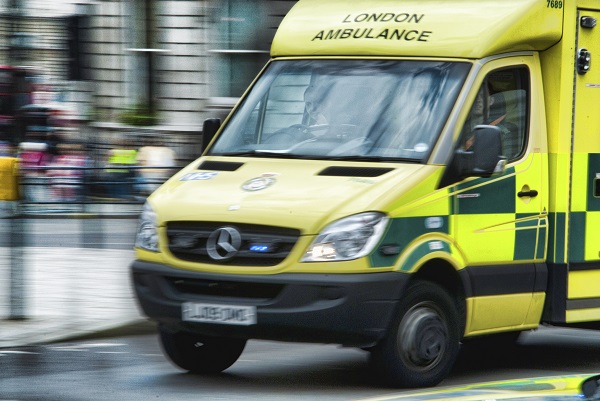
You only have to read the news headlines to see that the NHS are facing a new epidemic.
Locally, nationally, and even internationally, it’s widely reported that assaults on ambulance staff are on the rise.
In fact, one NHS Trust revealed earlier this year, that attacks on their ambulance staff have risen for the third straight year.
Interestingly, they also listed updated conflict resolution training as being mandatory training for 2017/18, which comes as no surprise to us.
Having specialised in providing conflict resolution and physical intervention training for more than 20 years, we understand only too well the benefits it can provide all frontline NHS staff, not just ambulance workers.
Peace of mind
Conflict resolution training provides staff with peace of mind that, should anything ever happen as they go about their daily duties, they would know how to deal with the situation as safely and efficiently as possible.
You see, timing is key when it comes to dealing with conflict situations, as the sooner you can dissolve an aggressive situation before it gets too overheated and out of control, the better.
Confidence
As we’ve just mentioned, it’s important you diffuse any situations as soon as possible and, in order to do this, you need to be able to do it with confidence.
Conflict resolution training gives you the confidence to handle difficult and potentially hostile situations because you’ve been taught how to go about dealing with them correctly. It also enables you to conduct yourself in a confident manner, ensuring that you’re using the right body language, as well as language too.
Communication
Effective communication is key when it comes to minimising and handling disruptive situations. Not every scenario is the same and not everybody who you deal with is the same either. Conflict resolution training provides you with the tools to deal with a wide range of people in a wide range of circumstances, such as:
- General members of the public
- People of all ages who are displaying challenging behaviour, including children
- Outwardly violent, aggressive and disruptive behaviour
Unfortunately, it would appear that assaults on ambulance staff is an issue that doesn’t look as though it’s going away anytime soon. However, there are steps, particularly conflict resolution training, that all NHS staff, not just ambulance workers, can, and should, be taking to safeguard themselves and those around them, no matter what the circumstances.
If you have any questions or would like to discuss your training requirements with us, contact us on 0845 576 0035 or email info@good-sense.co.uk.
Recent Comments